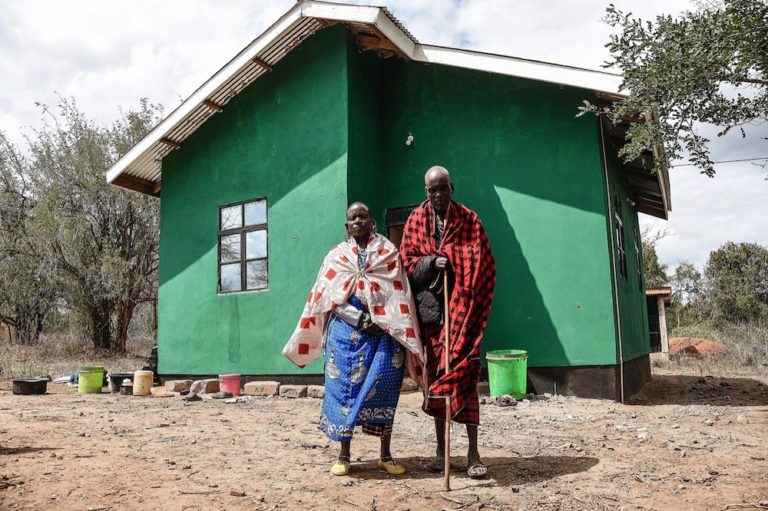(RSF/IFEX) – Reporters Without Borders has criticised the Tanzanian government for threatening to deport a journalist who appeared in a documentary film the authorities say has damaged the country’s economy and image. The organisation declared its support for Austrian film director Hubert Sauper, who has denounced the government for conducting a “campaign of intimidation” against […]
(RSF/IFEX) – Reporters Without Borders has criticised the Tanzanian government for threatening to deport a journalist who appeared in a documentary film the authorities say has damaged the country’s economy and image.
The organisation declared its support for Austrian film director Hubert Sauper, who has denounced the government for conducting a “campaign of intimidation” against people who spoke out in his film “Darwin’s Nightmare,” including Richard Mgamba, an investigative journalist with the independent daily newspaper “The Citizen”, in the northern town of Mwanza.
It called on the authorities to stop hounding Mgamba and others who were in the film, which is about fishing in Lake Victoria and the global arms trade.
“Blackmailing journalists on the basis of their citizenship, which the government is doing, is disgraceful,” the worldwide press freedom organisation said. “It is insulting and deplorable arbitrary revenge against a journalist who was simply exercising his constitutional right to free expression.”
Mgamba told Reporters Without Borders by phone from Mwanza that he was being threatened with deportation to neighbouring Kenya. He had been under investigation for the past two weeks and banned from leaving the town until this was completed. “They want to strip me of my Tanzanian citizenship, even though I was born in Tanzania of Tanzanian parents.”
He said prominent journalist Generali Ulimwengu, chairman of the Habari Corporation press group, had been treated this way in 2003, as was Ali Mohammed Nabwa, consulting editor for the privately-owned, Zanzibar-based weekly “Fahamu,” more recently.
Mgamba fled Mwanza for Dar es Salaam on 4 August 2006 when a demonstration against the film was organised in the town by local authorities and police.
“I have been called a mercenary hired by Western media to paint a negative picture of the economy,” he said, as a result of his brief appearance in the film, where he spoke about trade between East Africa and Western countries and also acted as Sauper’s Swahili interpreter during interviews.
“I defended myself in the media and I’m ready to do so in court. The action against me is an example of the government’s illegal crackdown on freedom of expression. It seems to be a retreat from democracy,” he said.
Tanzanian President Jakaya Kikwete recently denounced the film and said it gave a bad impression of the Nile perch trade with Western countries. “The European Union representative in Tanzania told me the film had had very little effect on Europe’s imports of the fish,” Mgamba said.
Raphael Tukiko, a night watchman who also spoke in the film, told Sauper he had been threatened with arrest and ordered to report to police.
The film, which came out in 2005, criticises the negative effects of globalisation, the ruthless extraction of natural resources and the poverty on the shores of Lake Victoria. It says relief aid planes are being used to bring arms to the Great Lakes region.
“I certainly never intended to make a film attacking a country that I love,” Sauper told Reporters Without Borders, “especially as the problems I deal with aren’t just those of the Tanzanian government but also of Western countries, because this is a globalised world. It’s terrible to think people are in danger just because they helped with the film.”


